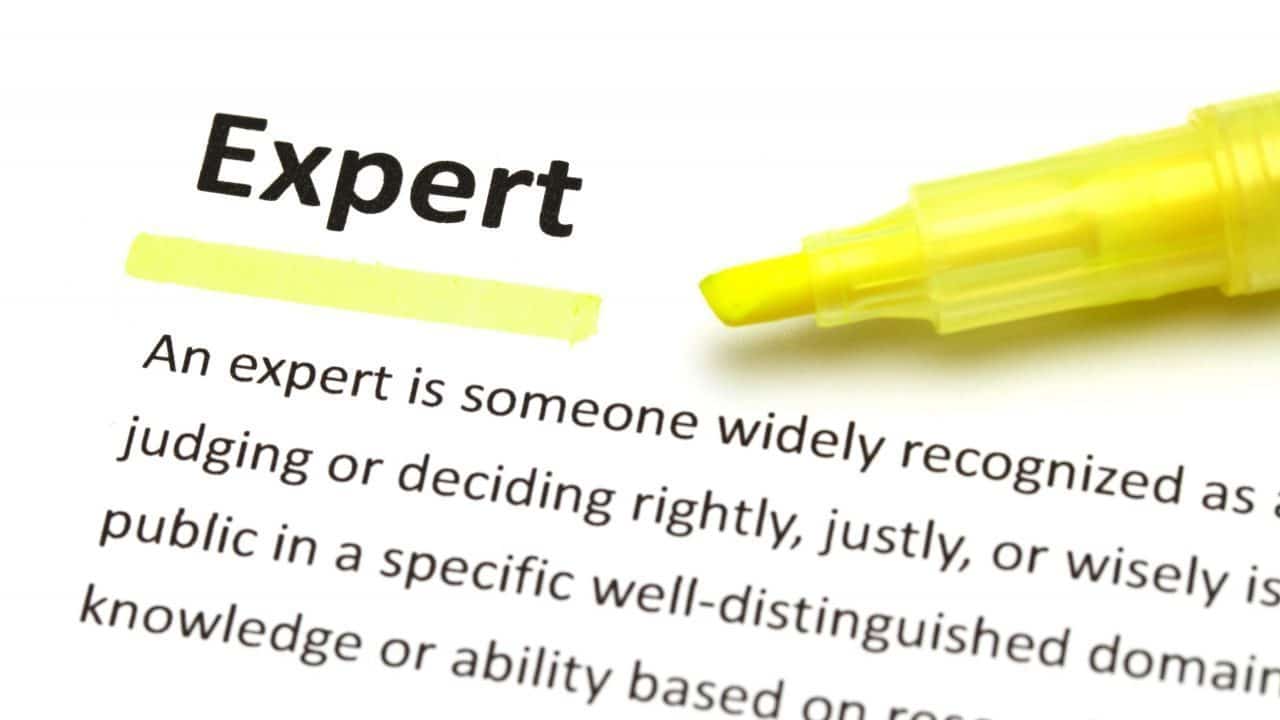Introduction
In a significantly globalized world, the requirement to examine work experience accurately has never ever been more crucial. People looking to advance their professions or relocate often discover themselves navigating a labyrinth of scholastic and expert qualifications from numerous nations. For companies and educational institutions alike, comprehending these credentials is essential in guaranteeing that they select the ideal candidates.
This short article dives deep into Unlocking Prospective: Comprehensive Work Experience Assessment Techniques, exploring various approaches, including academic credential evaluation, international credential evaluation services, course-by-course credential evaluation, and the significance of the expert opinion letter in making notified choices about potential employees or students.
Unlocking Possible: Comprehensive Work Experience Assessment Techniques
Evaluating work experience works as a bridge between individual prospective and chance. Yet, how do we open this possible effectively? The response depends on a multi-faceted method that includes different evaluation techniques tailored to private needs and contexts.
Understanding Work Experience Evaluation
Work experience assessment evaluates a person's expert background, skills, and proficiencies relative to job requirements or educational standards. This procedure can significantly vary based upon area, market, and particular roles.
The Value of Precise Evaluation
Why is accurate work experience assessment important? Misjudgments can result in poor hiring decisions, mismatched instructional placements, or unfulfilled career goals. It's important for companies and institutions to guarantee they utilize precise techniques when evaluating qualifications.
Key Parts in Assessing Work Experience
Professional Background Check
A comprehensive review of previous work history is crucial. This includes verifying job titles, durations of employment, obligations held, and achievements.
Skills Assessment
Comprehending the skills acquired throughout previous roles assists gauge suitability for future positions.
Industry Relevance
Assessing whether previous experiences line up with existing market requirements is essential for a meaningful assessment.
Academic Credential Evaluation
This includes analyzing any official education received alongside professional experience.
Types of Credential Evaluations
International Credential Assessment Services
When prospects have certifications from foreign organizations, global credential evaluation services enter into play.
What Are International Credential Assessment Services?
These services evaluate foreign educational credentials versus regional standards. They supply insights into how degrees translate within the domestic education system or labor market.

Why Use These Services?
- To understand equivalency in terms of education level To facilitate smoother migration processes To boost employability by confirming foreign qualifications
Course-by-Course Credential Evaluation
What Is Course-by-Course Credential Evaluation?
This type assesses each course taken during a prospect's education journey rather than simply offering a total degree equivalency.
Benefits
- Detailed insights into particular courses carried out Enables institutions to make educated decisions regarding credit transfers Supports candidates seeking additional education by highlighting strengths and weaknesses
Crafting Efficient Expert Opinion Letters
A specialist opinion letter acts as a vital document in lots of examination procedures.
What Is an Expert Viewpoint Letter?
This letter is written by professionals who have expertise in assessing academic qualifications or work experience relative to industry standards.
Why Are They Important?
Expert viewpoint letters serve multiple functions:
- Provide reliable evaluations Validate claims made by candidates about their experiences Enhance reliability throughout application procedures
Steps for Conducting a Thorough Work Experience Evaluation
Gather Documentation
Gather all relevant files consisting of CVs, reference letters, and performance reviews.
Conduct Interviews
Direct conversations supply much deeper insights into candidates' experiences and soft skills.
Use Standardized Tools
Employ structures or tools created for examining skills and experiences systematically.
Comparison Against Standards
Line up findings with industry benchmarks to determine relevance and value.
Compile Findings into Reports
Present results clearly for stakeholders' evaluation-- openness is key!
Challenges in Work Experience Evaluation
Recognizing Pitfalls
Despite best shots, challenges abound in evaluating work experience precisely:
Cultural Distinctions Variability in Job Titles Lack of Standardization Across AreasHow to Overcome These Challenges?
- Train evaluators on cultural competency. Utilize databases that clarify task title equivalencies throughout industries.
FAQs
1. What does academic credential evaluation entail?
Academic credential assessment typically includes examining degrees gotten from numerous institutions worldwide to identify their equivalency in another country's education system.
2. Why are worldwide credential evaluation services necessary?
They aid verify foreign qualifications so that individuals can get employment or admission into curricula without confusion over their credentials' legitimacy.
3. What differentiates course-by-course credential assessment from routine evaluations?
Course-by-course examinations examine each private course taken throughout one's education rather than simply examining the degree as a whole.
4. How does a professional opinion letter support my application?
A professional viewpoint letter offers authoritative backing for your claims concerning your qualifications or experiences and can significantly bolster your application's strength.
5. What prevail challenges dealt with during work experience evaluations?
Common obstacles include cultural distinctions affecting interpretations of roles/skills, variability in job titles throughout areas, and lack of standardization leading to confusion over equivalencies.

6. How can I get ready for a work experience evaluation?
Gather extensive documentation like your CV/resume, references from previous employers, performance reviews if readily available, and be all set to discuss your experiences candidly throughout interviews.
Conclusion
As we've checked out throughout this short article on " Unlocking Possible: Comprehensive Work Experience Examination Techniques," it's clear that efficient assessments depend upon nuanced understanding and precise execution of numerous approaches-- ranging from academic credential examinations to professional viewpoint letters that lend credence to personal narratives.
Employers need to welcome these extensive methods not simply as governmental needs however as chances to empower people through reasonable assessments-- eventually opening the huge capacities concealed within varied backgrounds worldwide! By investing time https://judaheozj610.bearsfanteamshop.com/expert-letters-described-how-they-effect-international-credential-examination-1 in refining these strategies today, companies can build more powerful teams tomorrow while individuals can browse their profession courses with clarity and confidence.